Q: I think my horse is a head-shaker. He shakes his head, dropping it low, then raising it up sharply. What do you think is causing this?
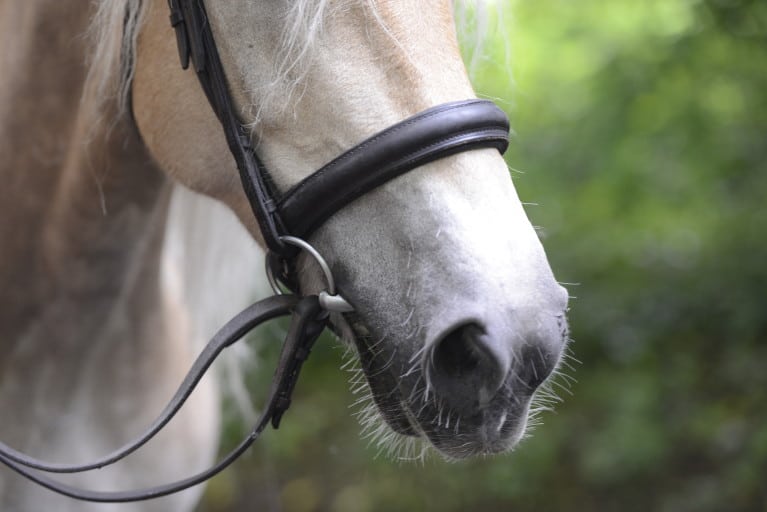
Deidre Carson answers:
This behaviour comes under the banner of ‘head-shaking’ which is, unfortunately, still a relatively poorly-understood condition. Affected animals may shake their head from side to side, or toss it up and down constantly or randomly. Some may rub their nose on their legs or a fixed object.
Most affected horses only head-shake during exercise, although some do it in the field. Often, symptoms are only apparent or are worse in warmer weather. In others, exercise early or late in the day helps.
Possible causes
Various theories have been investigated including sensitivity to light, irritation to the nose and nasal passages from dust or pollen, sinusitis, dental problems and trigeminal neuralgia (pain in a facial nerve). However, none of these has been found consistently in all affected horses and, in most cases, the cause is never found.
Your vet needs to look at your horse and do a clinical examination, including checking teeth, eyes, ears and nose. (Horses rarely have problems with their ears, but it’s worth checking.) The horse should be endoscoped, if possible, to check for inflammation of the nasal passages or discharge from the sinus openings and guttural pouches.
Changing tack
Further investigation would require head X-rays to check that there are no bony or tooth problems, such as broken or unerupted wolf teeth. The nerve to the side of the face may be blocked (local anaesthetic is injected around the nerve, to deaden sensation around the muzzle), to see if there is any improvement. If all these fail, it is usually a matter of trying to find an effective treatment.
Initially, try a different bit or a bitless bridle (if it’s safe to try this on your horse). Your vet may advise using corticosteroids; non-steroidal anti-inflammatory drugs (NSAIDs), such as ‘bute, flunixin, suxibuzone and meclofenamic acid; anti-histamines; and antibiotics, if any infection is suspected.
Your Comments
One thought on “Head shaking in horses – how do I know or find out?”
Leave a Reply
You must be logged in to post a comment.




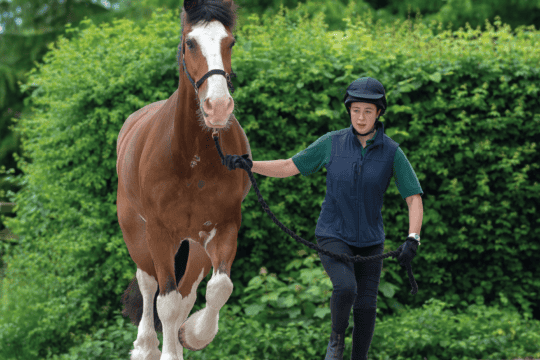
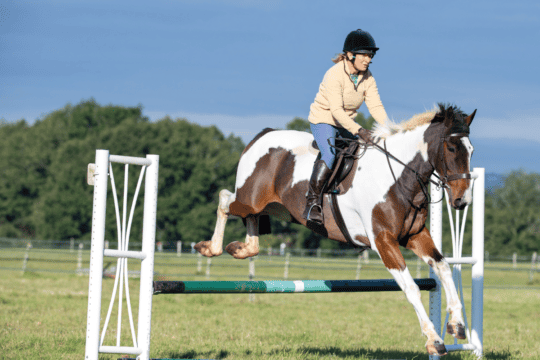
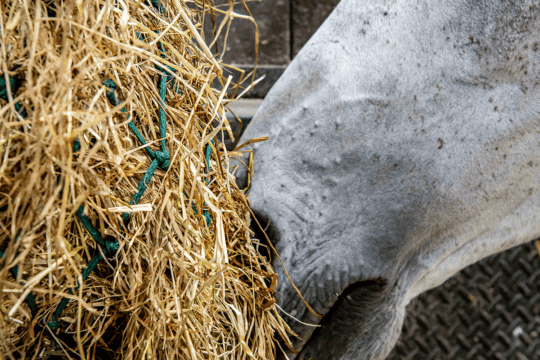



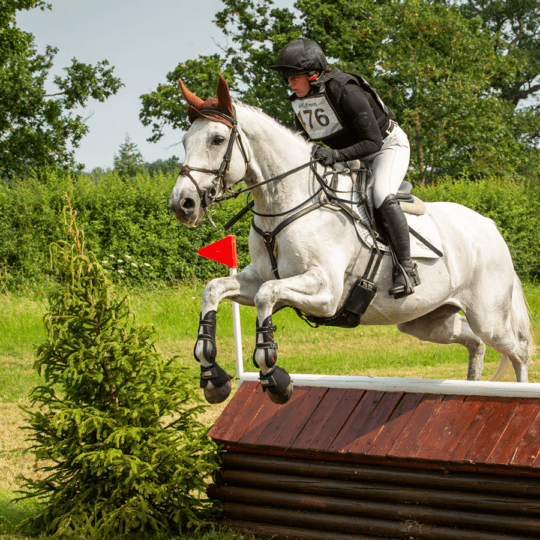





We have a new horse, today after 7 days of owning him hes started to headshake. He has moved yards and turned out appox 3hrs a day … the grass has grow quickly due to weather his eyes are a bit runny and a sligjt nasal discharge after excercise…. thoughts please?